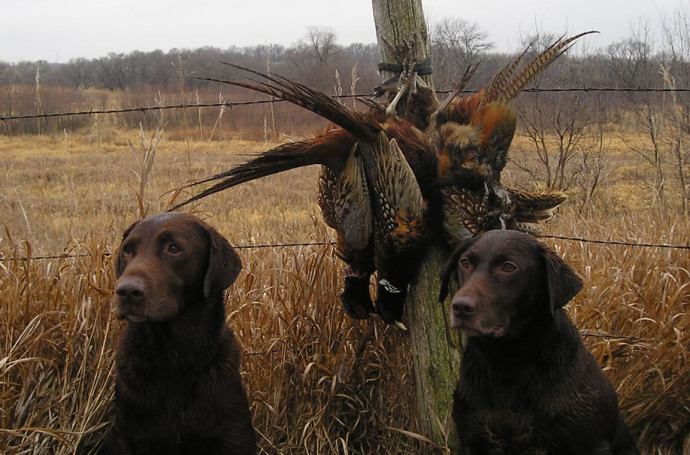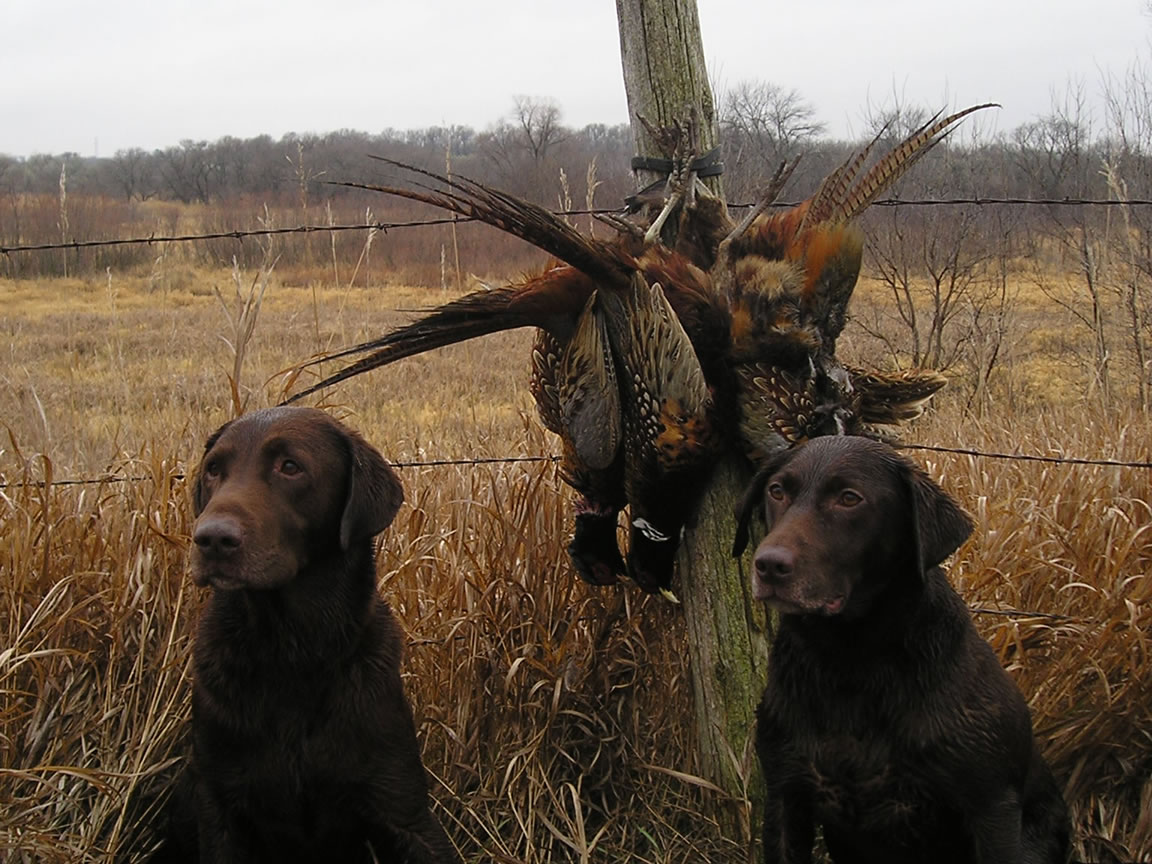
Every now and again sport sees something of a phenomenon, a father and son combination of athletes who both, in their own right, become famous within their chosen sport. Often we see fathers and sons making it big in the same sport and even sometimes in totally different sports. These duos don’t come around too often and today we’re going to take a look at some of the most successful combos throughout history.
Jack Elway and his son John
Jack Elway’s son John is a 2 time Super Bowl winner, a Super Bowl MVP and has his named cemented into football history since his 2004 Pro Football Hall of Fame induction. His glittering career with the Denver Broncos began from the seed which his father had sown when he started out his footballing career in the late 1940s. Jack Elway’s promising playing career was unfortunately cut short in his college days thanks to a knee injury, he stayed in the sport however and went on to become a highly successful college football head coach.
Ken Norton Senior and Junior
In an example of a father and son who chose different paths to find their sporting success Ken Norton Snr and Jnr have created names for themselves in the worlds of boxing and football. Ken Snr is considered as one of the top 50 all time greatest heavyweights and throughout his career the tough punching Norton won 42 fights including a 1973 win over Muhammad Ali. The boxer is most well know for his brutal fight with Larry Holmes which saw him lose his title after a split decision went against him following a punishing 15 rounds. Ken norton Jnr might have chosen a different sport in football but it seems that the Norton family success would continue when in 1995, the young Norton became the first player in NFL history to win 3 Super Bowl rings consecutively. Norton Jnr excelled so much at college level that he has since been inducted into the UCLA Hall of Fame.
Bobby and Barry Bonds
The surname Bonds has become synonymous with baseball since the father and son duo entered into the MLB with their monster batting power and their ability to smash records. Father Bobby became the first player to hit 30 home runs and steal 30 bases in more than two consecutive years, he managed the 30-30 five times in total. The pressure was firmly on son Barry’s shoulders once he graced the field but he needn’t have worried, what he would go on to do in the world of baseball probably exceeded what he could ever have imagined. Seven MVP awards, eight Golden Gloves, record most home runs in a single season with 73, record for most career home runs with 762 and a lifetime batting average of .298, Barry Bonds’ 22 year career in baseball surpassed his father’s incredible successes and looks unlikely to be equalled or beaten for a very long time to come.



